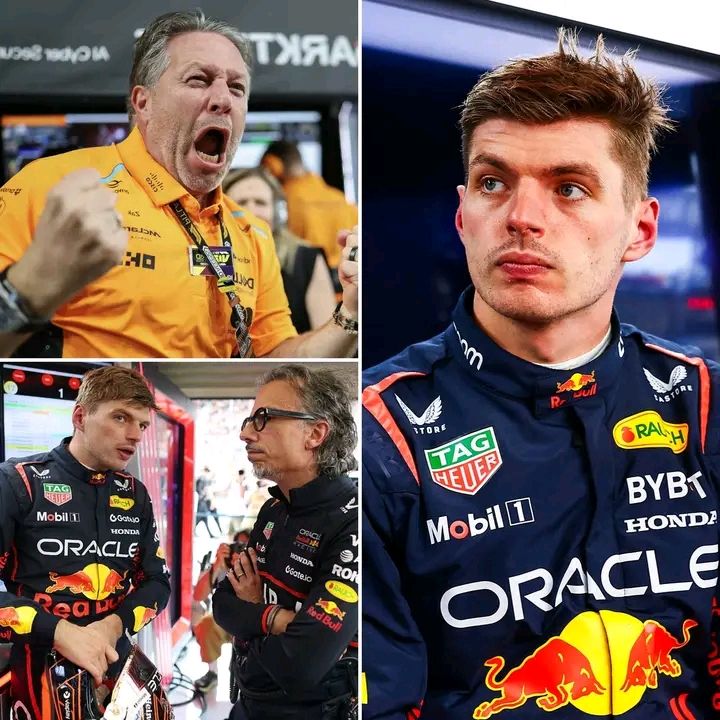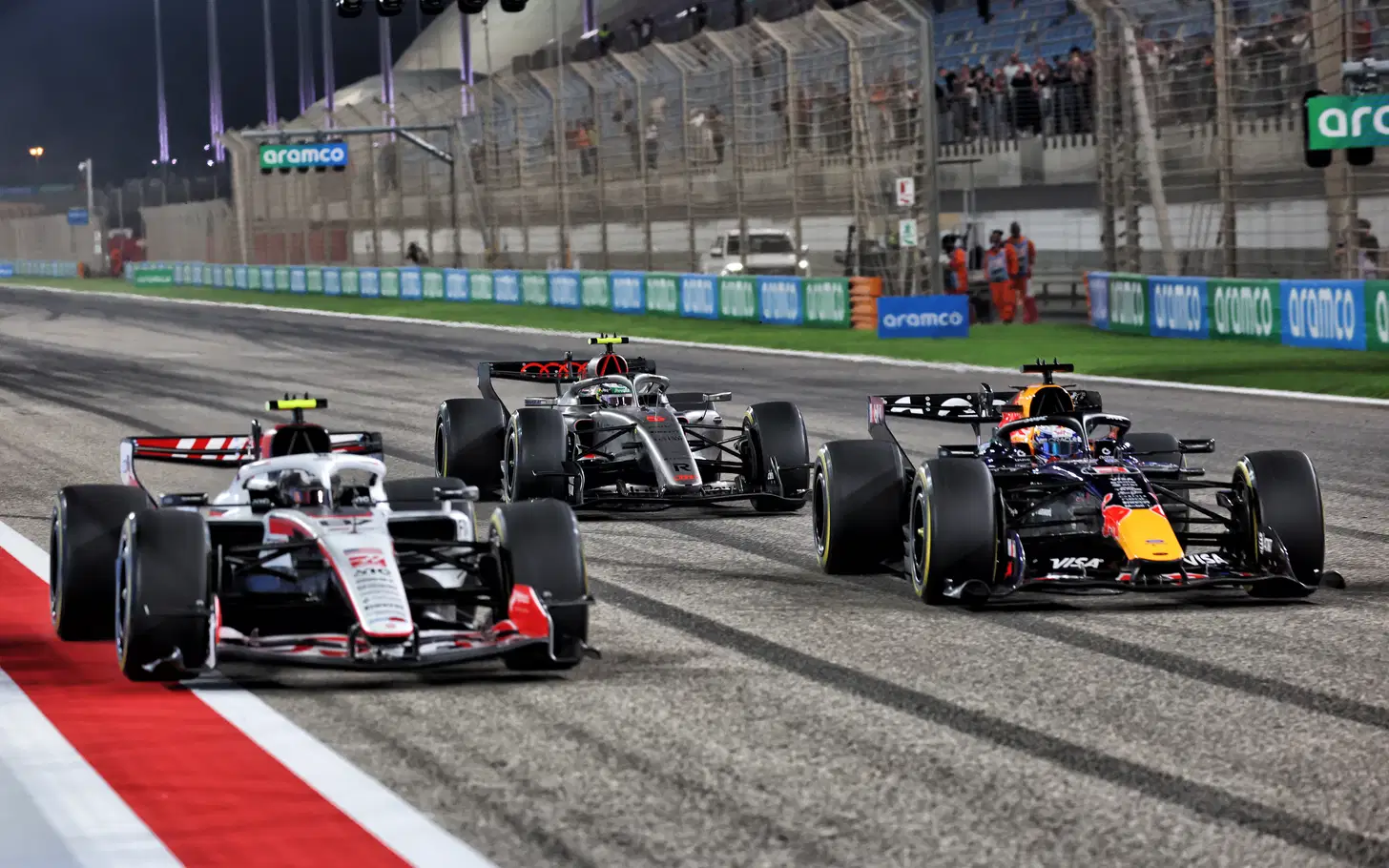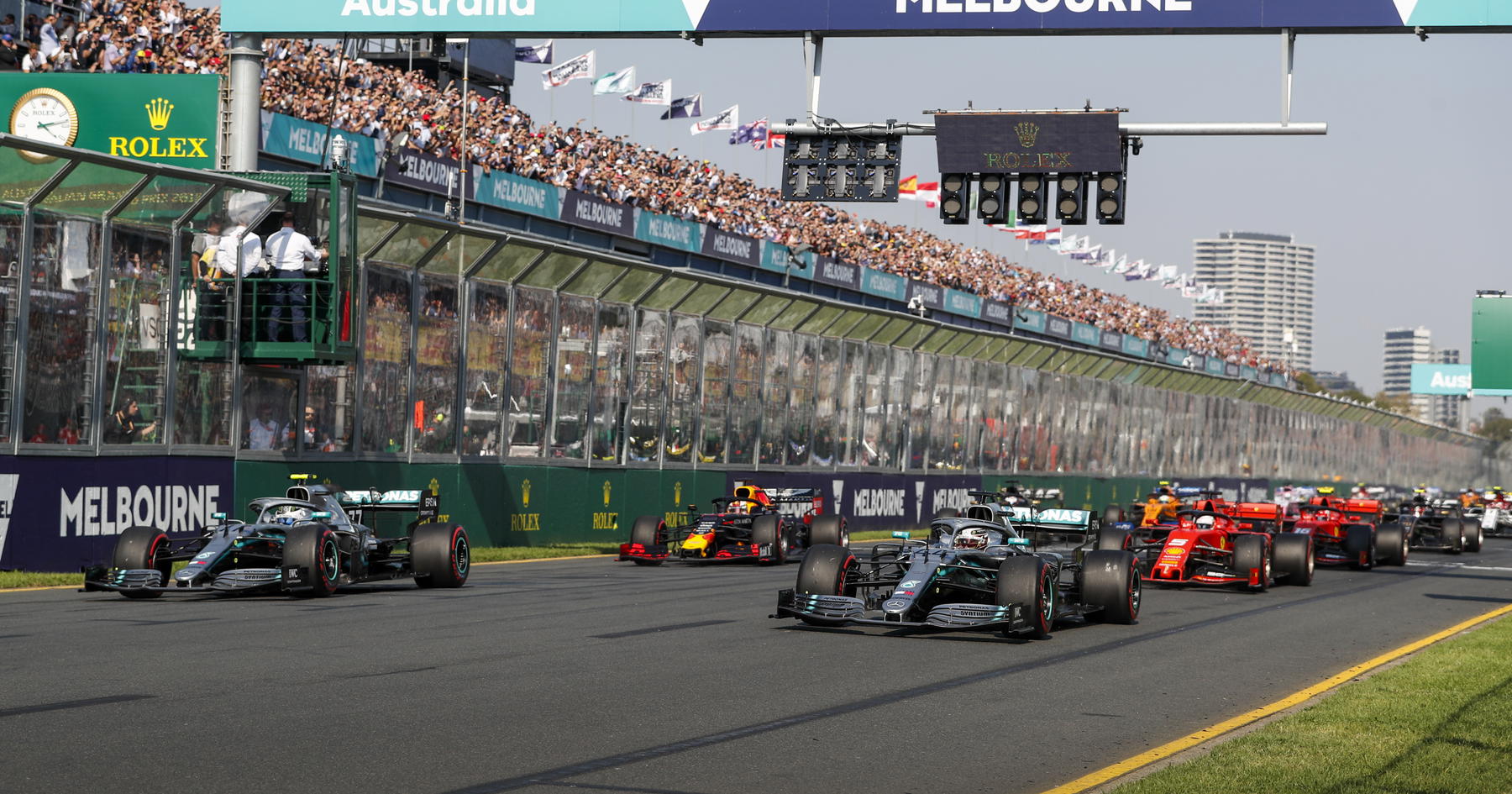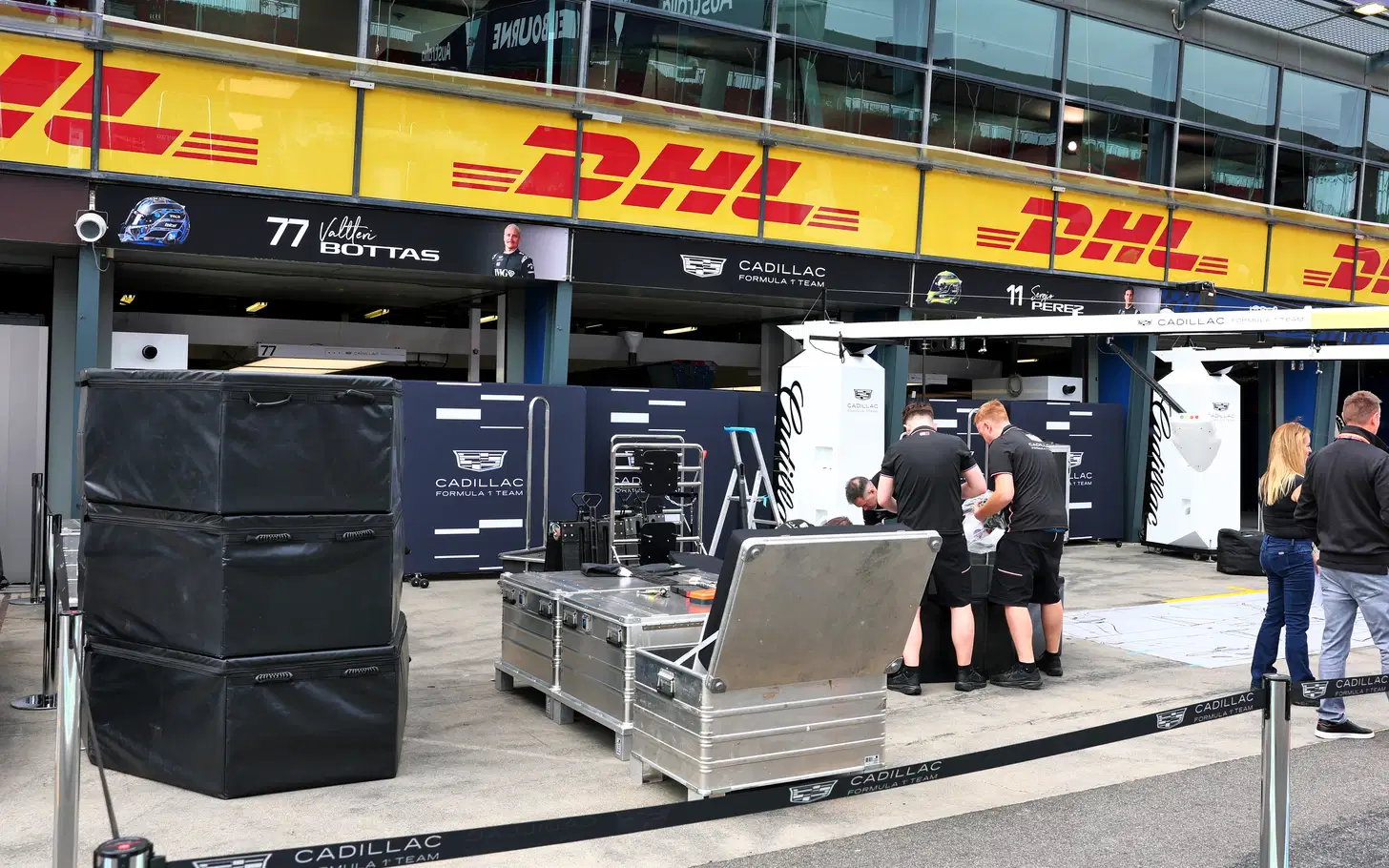McLaren Challenge FIA After Controversial Verstappen Engine Change at Brazilian GP
McLaren have reportedly approached the FIA to seek clarification – and potentially challenge – Red Bull’s latest engine change involving Max Verstappen during the Brazilian Grand Prix weekend, sparking a fresh debate over the intersection between sporting regulations and the cost cap.
The situation unfolded after a rare misstep from Verstappen on Saturday. The reigning four-time World Champion was eliminated in Q1 at Interlagos, qualifying only 16th after struggling for pace in a car that looked unusually unsettled. With the grid position already compromised, Red Bull opted to install a new power unit. The replacement pushed Verstappen beyond his season allocation of engine components, triggering an automatic penalty and forcing him to start from the pit lane on Sunday.
Under normal circumstances, that would be the end of the story. Engine changes are permitted so long as teams accept the mandatory grid penalties attached to exceeding the allocation. But this time, McLaren believe there may be more at play.
Despite the setback, Verstappen powered through the field with a trademark comeback drive. Even an early puncture – which forced him to pit under Virtual Safety Car conditions – didn’t derail his progress. The Dutchman sliced through the grid and secured third place by the chequered flag, behind race winner and title rival Lando Norris.
That result keeps Verstappen mathematically in the title fight. He remains 49 points behind Norris with three Grands Prix and one sprint weekend still to go, which means the championship is not yet sealed, even if the odds are heavily in Norris’ favour.
Why McLaren Are Concerned
Engine swaps are standard practice throughout the season and rarely face any additional scrutiny beyond sporting penalties. Teams are allowed to introduce new components when their stock is exhausted, and every change beyond the allocation triggers a steep grid drop. But this time, McLaren are not challenging the legality of the swap – instead, they are questioning the financial implications.
According to a report by The Race, McLaren have formally contacted the FIA to seek clarity over how engine changes for performance reasons should be classified under the budget cap. Their argument reportedly centres on whether teams should be allowed to replace power units purely for strategic or performance enhancement – rather than due to damage or reliability failures – without that cost counting toward the cost cap.
Speaking to the media, McLaren team principal Andrea Stella expressed interest in the FIA’s interpretation:
“If the engine was changed for performance reasons, it should go into the cost cap.”
The suggestion is that Red Bull installed a fresh engine not because the previous one was unusable, but because a newer unit would give Verstappen additional performance. If so, McLaren argue the financial cost should be included in the spending limit – the same way other performance-related upgrades are treated.
A Grey Area in the Cost Cap Era
The dispute highlights a loophole that several teams have hinted at since the introduction of the cost cap in 2021. While chassis, aerodynamic development, and operational expenses are tightly regulated, power units fall under a partially separate structure that is not fully integrated into the main spending limit. Teams pay fixed amounts to engine suppliers, and power unit development has its own cost controls and allowances. However, the cost of additional engine usage can, in theory, create performance gains without appearing on the cost cap balance sheet.
That has raised concerns among smaller teams who fear wealthier outfits might absorb engine penalties strategically while protecting their capped spending on other development paths.
McLaren’s inquiry does not accuse Red Bull of wrongdoing or imply that the champions have exceeded budget limits. In fact, FIA figures for the 2025 season will not be confirmed until sometime next year, after all teams submit their financial paperwork. There is also no evidence to suggest Red Bull are even close to breaching the limit. Red Bull, for their part, insist that all engine component usage followed legal procedure.
But Stella and McLaren appear interested in clarifying the principle – not just the outcome. If engine swaps for performance are not counted under the cost cap, larger teams could theoretically cycle through engines to gain fresh power at key races while simply accepting the grid penalties as a trade-off. For a team fighting Verstappen and Red Bull in a title battle for the first time in over a decade, that distinction matters.
The FIA has not released any official statement regarding the inquiry, and it is unclear whether McLaren’s question will lead to a regulatory change or merely internal clarification. But the appeal again highlights ongoing tensions surrounding the cost cap, which has already led to a series of controversies and investigations since its introduction.
With the championship still alive and political chess returning to the forefront, the final rounds of the 2025 season are shaping up to be just as intense off the track as they are on it.




